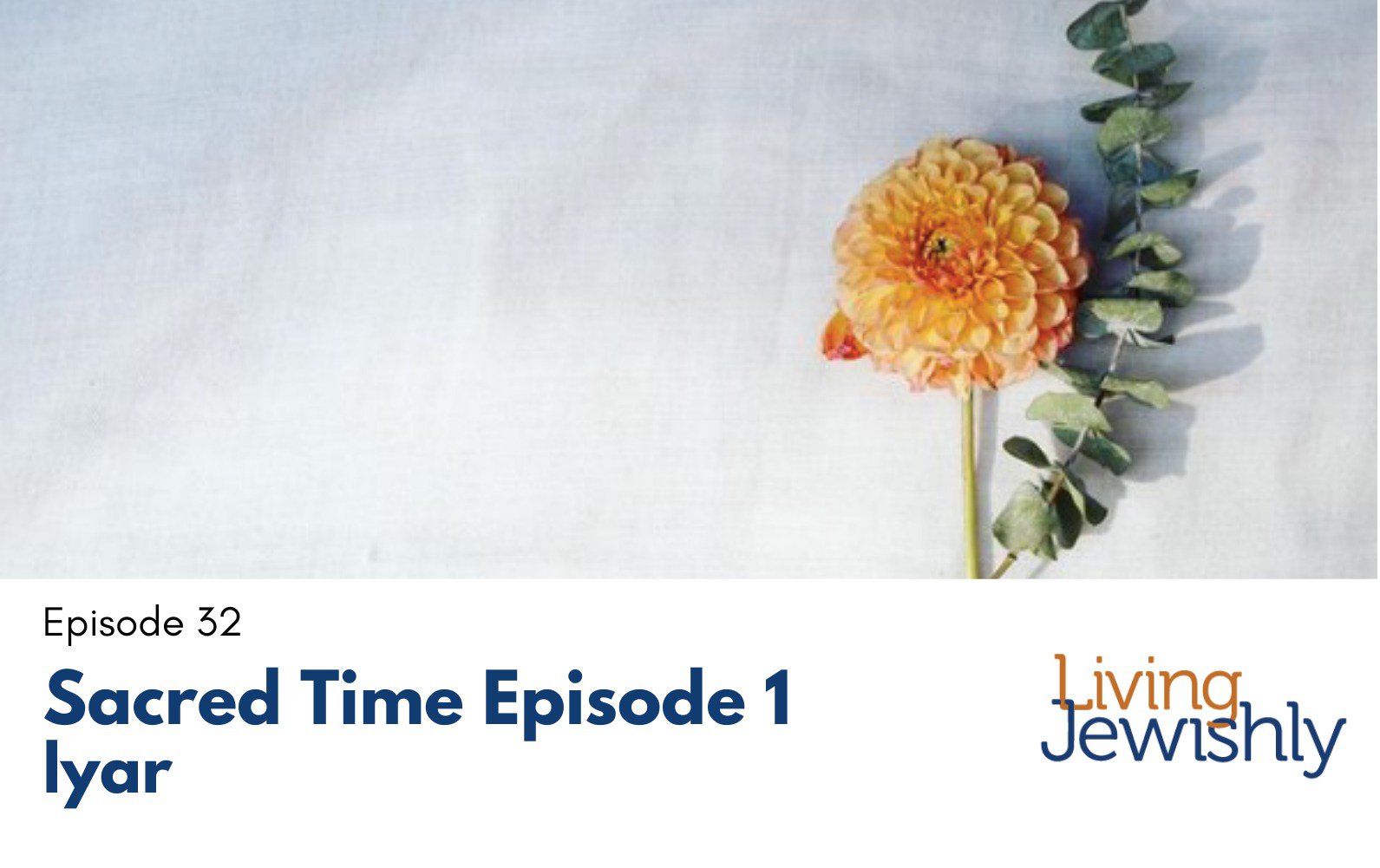“The deeper I go into the study of earth-based Judaism and mystical Judaism… the more incredible the many meanings become to me.”— Ganga Devi
Welcome to Sacred Time, a podcast that explores the healing art of the Hebrew calendar as it relates to our lives today.
Welcome to the month of Iyar, the second month of the Jewish religious year, taking place between Passover and Shavuot.
Iyar is a time of healing, development, and growth. This is a special time marked by ritual, like so many other sacred periods in the Hebrew calendar.
During Iyar, we practice a 49-day ritual called counting the Omer, where we consciously and intentionally count off the days out loud. This count records our journey from Passover, celebrating our freedom from slavery, to Shavuot, our holiday for receiving the Torah.
Each day we count represents a different quality or divine characteristic for us to reflect upon and develop within ourselves, with each week devoted to a different sefirot (emanations), including loving-kindness, beauty, acknowledgment, and foundation.
Iyar allows us to create space for contemplation and integration, and prepare ourselves for the wisdom we’ll receive during Shavuot. The counting of the Omer marks a gradual shift from a time of freedom from slavery towards a time of freedom through our relationship with Torah.
Tune into this episode to learn about the agrarian origins of this sacred ritual and how we can find meaning in it during our modern time.
“The relationship through the Torah is our relationship with G-d, is our relationship with each other as the community.”— Bluth
This episode discusses:
- The importance of achieving the mindset shift from “freedom from” to “freedom through” or “freedom to”
- Why we need to think of Torah as something much bigger than the actual book
- How we as individuals can receive Torah during this sacred moment — and what should we do to prepare?


0 Comments